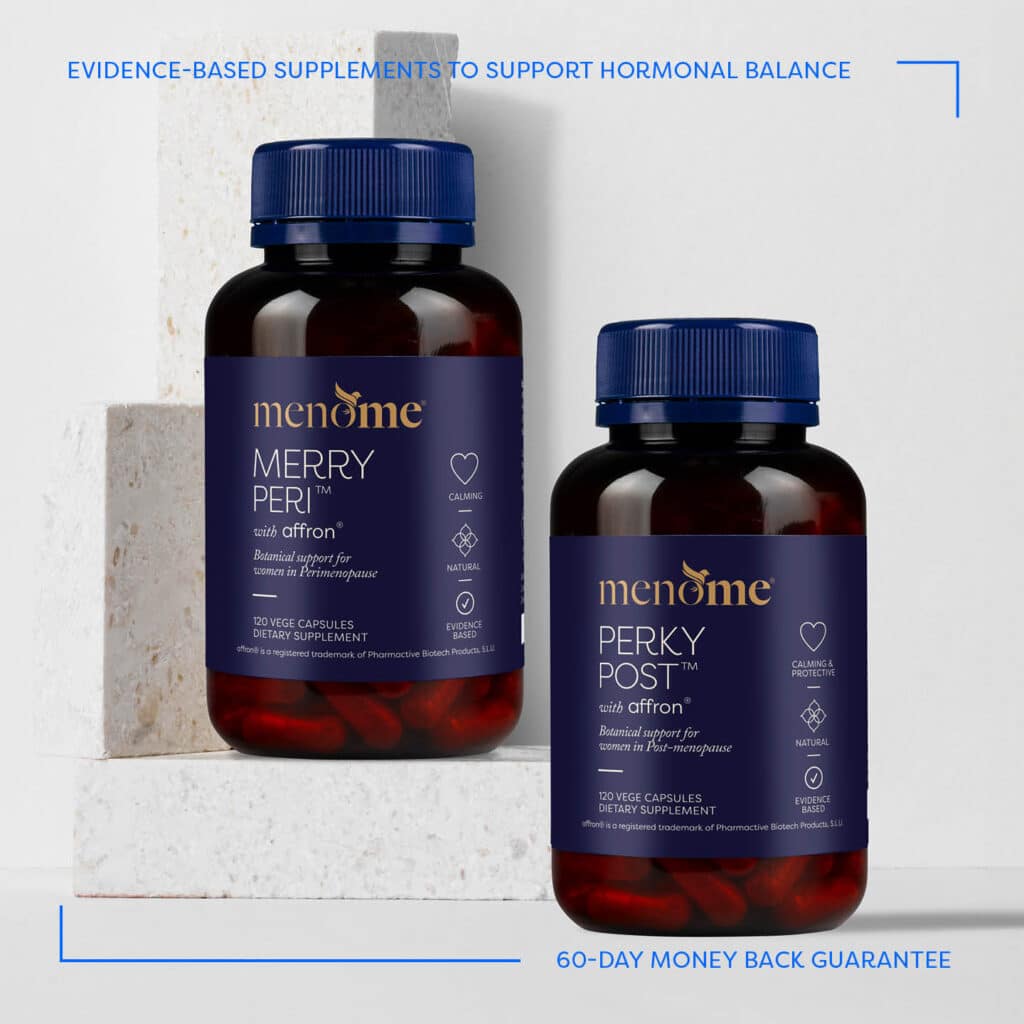If you’ve been noticing changes ‘down there’ (hello va-jay-jay!) and a distinct disinterest in sex you’re not alone. It’s just that not everyone talks about it, it’s one of those ‘shhh’ subjects. So let’s go there, shall we?
The hormonal rollercoaster effects on libido and va-jay-jays
So much change goes on in your body as you enter perimenopause and then come out the other side into post-menopause. And it’s to do with your changing hormones – most famously estrogen and progesterone. But there are other hormones at play here as well such as testosterone. In addition, knock-on effects from cortisol (stress hormone), insulin (fat storing hormone) and thyroid play a role in all stages of menopause.
If you’ve been noticing changes ‘down there’ and a distinct disinterest in sex you’re not alone. It’s just that no one talks about it. So let’s go there, shall we? Share on X
Your va-jay-jay is changing
What you may not realise – or may have noticed but didn’t connect the dots – is your va-jay-jay is changing. And that’s a term made famous by Ms Oprah by the way!
So, your vagina can get burny and itchy and downright awful to live with. You may also experience more frequent urinary tract infections and bladder control issues. This is because declining estrogen makes us drier all-over (dry skin anyone?), va-jay-jay included. And with dryness comes irritation, which is one of the reasons why sex can become painful.
Painful sex, menopause and libido
What’s more, painful sex might be part of the reason you begin ‘having a headache’ when it comes to the bedroom. But it’s not the only reason. Indeed, your libido often sinks at this time. Oftentimes a byproduct of the decline of estrogen and testosterone, this can make us less sensitive ‘down there’. Additionally, the supply of blood to the va-jay-jay decreases affecting lubrication. Add in other signs of meno like insomnia, incontinence, depression and anxiety, and it’s understandable that you don’t feel hot to trot.
On the other hand, some women get a new lease of life and libido with no fear of pregnancy and the privacy of an empty nest.
Some statistics about menopause and va-jay-jays
The United States has a non-profit organisation called Healthy Women (for all stages of life) that delves deep into women’s issues. And btw women around the globe aren’t too different from those in the US, so when they conducted a survey of vaginal changes for women in midlife they found:
- 40 percent experience vaginal dryness
- 8 percent experience urinary tract infections
- 12 percent experience vaginal itching
- 25 percent experience painful intercourse
But from listening to you we suspect that might be higher!
However, Healthy Women went on to say that the majority of those women (70 percent) were unaware of the condition that might be causing the signs: vulvovaginal atrophy (VVA).
What is VVA?
VVA manifests as thinning, drying and inflammation of the vaginal walls due to the decline of estrogen. And diminished estrogen makes our tissues thinner, drier and more fragile. PH levels change too which you can read about here.
What can you do?
- Regular sex helps keep the vagina healthy.
- We always recommend making use of coconut oil or sweet almond oil for your va-jay-jay, it’s soothing and contains antimicrobial properties.
- A specific vaginal moisturiser may help.
- Your doctor may be able to prescribe vaginal estrogen therapy.
- Invest in a good quality probiotic.
- Eat foods high in probiotics such as yoghurt (look for acidophilus and/or lactobacillus on the label), sauerkraut, gherkins, kimchi.
- Stay away from commercial vaginal products like douches and sprays.
- Only use natural cleaners and unscented loo paper.
- The supplement DHEA is said to help.
- Vitamin D also helps to support vaginal health which is one of the reasons we include it in Perky Post®. Check it out here.
Hope that helps.
As always please don’t hesitate to reach out with questions right here.
Disclaimer: This article should never take the place of medical advice. If you are experiencing extreme burning, itchiness, discharge, odour please see your GP. ®






 Body-smart support for your stage of life
Body-smart support for your stage of life